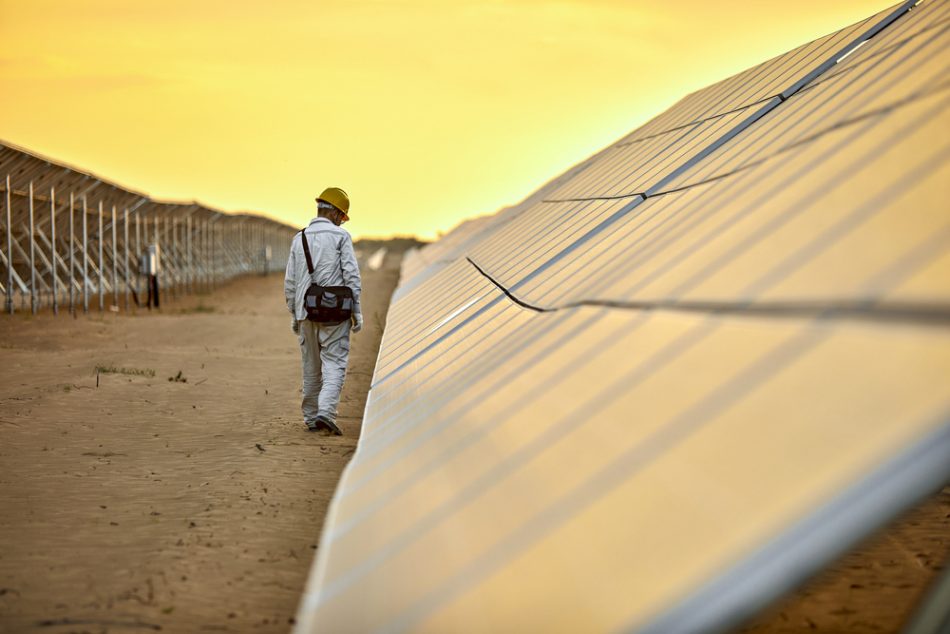Science
From mathematics and AI to medicine and psychology, The Optimist Daily features the latest news on discoveries, technological advances, and breakthroughs in the world of science. Our Science section is here to engage and enlighten you.

The Netherlands launches plan to ban carbon-emitting delivery vehicles
In the past year, many of us have spent an unprecedented amount of time at home, which means that a lot of our day-to-day tasks have moved from real-life interactions to online platforms. In some ways, this has been a wonderful break for the environment, but on the other hand, there has been a Read More...

Ireland to replace its last coal plant with renewable energy hub
The 915MW Moneypoint coal-fired power station is the last coal generation site in Ireland. The country is set to eliminate coal as a power source all together with the announcement that it will close and replace this site with a new green energy hub. According to the Electricity Supply Board Read More...

This floating hotel generates its own clean energy by rotating non-stop
Hayri Atak Architectural Design Studio (HAADS) is leading an exciting design project: a mobile floating eco-hotel that generates its own electricity by rotating as guests relax on board. It will be based in Qatar, but because it is completely mobile, has the potential to float from place to Read More...

Scientists discover a way to reverse obesity in mice. Will humans be next?
Obesity is a disease that involves having an excessive amount of body fat. It is a serious issue that increases the risk of other medical problems such as heart disease and diabetes. Our understanding of obesity is limited, though scientists from The Spanish National Cancer Research Center continue Read More...

This countertop device turns food scraps into compost
Composting is a great way to generate fresh food for your garden and keep scraps out of the landfill, but if you don’t have a yard or access to green waste pickup services, it can feel impossible to dispose of scraps sustainably. Fortunately, Vitamix has launched a gadget to help. The new Read More...

This dragonfly-inspired robot could help monitor environmental disasters
Scientists from Duke University have engineered a completely electronics-free soft robot that can fly across bodies of water to perform long-range environmental monitoring such as detecting oil spills and assessing the level of acidity in water. Dubbed DraBot, the robot is modeled after a Read More...

Want to save the coral reefs? There's an app for that.
Coral reefs are one of nature’s most amazing spectacles. Coral not only brings vibrance to underwater landscapes but also provides a home for more than a quarter of the world’s marine animals. Unfortunately, rising temperatures are putting corals under stress, expelling the algae that lend them Read More...

This superbug has a big appetite...for sewage
Scientists at the Urban Utilities water management plant in Queensland, Australia have grown a superbug from scratch. Its superpower? A remarkably large appetite for sewage. The bacteria, called anammox bugs, were devised as a response to the rapidly growing population. Plant Manager Peter Read More...

This ambient music comes from an unexpected spooky source
Have you ever wondered what spiderwebs sound like? Probably not, and neither had we until we came across this project. That curious thought is exactly what prompted scientists at MIT to create a brand-new genre of music — produced by spiders. How did they do it? Well, according to Futurism, the Read More...

Thought Leader Series: Tribal Nations pave a path to renewables
Last year, we shared a story about Native Renewables, a female-led company providing renewable energy to the Navajo Nation with small-scale, independent, solar grids. Initiatives like this have been instrumental in both electrifying and providing economic prosperity for Native American Read More...


